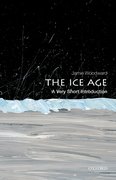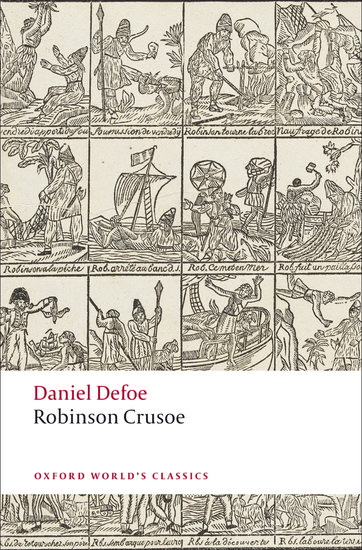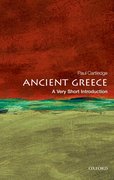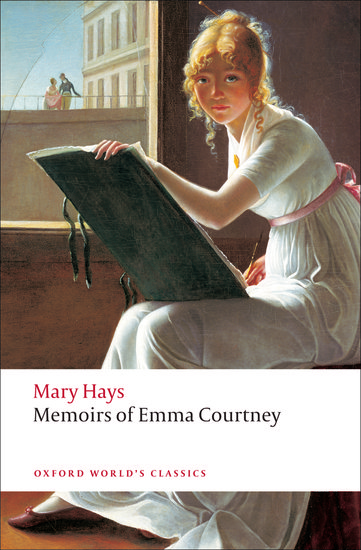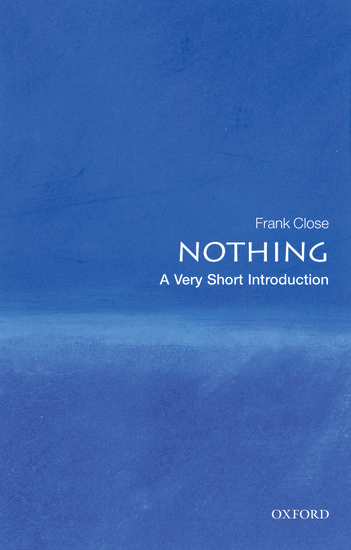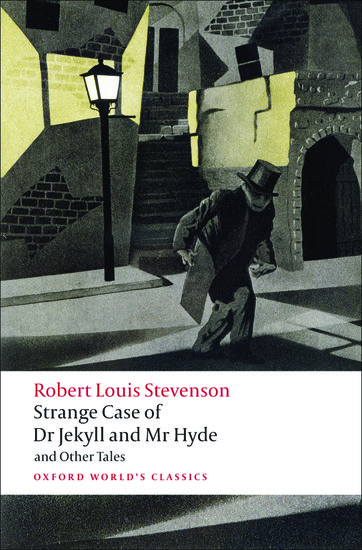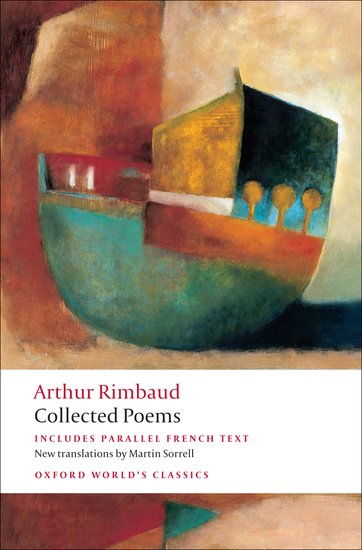Biting, whipping, tickling
‘Laughter is men’s way of biting,’ Baudelaire proclaimed. The sociologist Norbert Elias offered a rejoinder: ‘He who laughs cannot bite.’ So does laughter embody or diffuse aggression? One theory, offered by the neuroscientist Vilayanur Ramachandran, is that the laugh may be an aborted cry of concern, a way of announcing to a group that there has been a false alarm.


